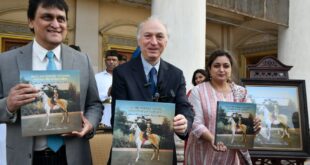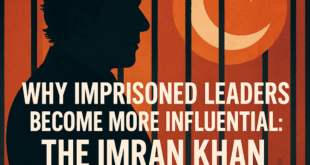In a country vowing women empowerment to eradicate hazards to women safety, women security has different facets and oblique meanings. There’s social security, financial security and of course physical security to discuss about. The threat of physical security to a woman working during night shifts, physical assaults on school girls by their instructors, criminal acts like chain snatching, and even family turbulences transforming into domestic violence are all crystalline depictions of the ‘true safety’ enjoyed by the women in India.
Let alone a deserted street in a dark night, even public transport and public places have become insecure for women, young girls, mothers and sisters from all walks of life.
It is shocking to note that despite all the urbanization and technological advancements India has been through in its over 70 years of independence, the challenges of ensuring safety and security of women still loom large, and have snowballed into grievances with every passing day in time.
Our country’s own National Commission for Women (NCW) states in its statistics that India is unsafe for women with Uttar Pradesh topping the charts followed by Delhi. Something as ugly as rape is the fourth most common crime against women with 22,000 incidents recorded each year on an average.
When I read the newspaper every day, it is a pity that such disgraceful incidents become a part of my reading experience. For several days, there were reports about the Nirbhaya case, the group-assault on a journalist in Mumbai, assaults of young women by mobs in public places and so on. It was also depressing to read that India was dubbed as the ‘rape capital of the world’.
In a report published in the Times of India on 3rd November, it was revealed that most crimes against women happen at home. The DNA newspaper reported that there are no safe havens for women – not even their own homes. How can we blame workplaces, crowded buses or lonely streets then?
So why aren’t our girls and women safe? How can we ensure their safety? Who is responsible? These are the questions that are immediately cloud me. And these are also the questions that everyone of us must ask ourselves. We only react when our near and dear, God forbid, becomes a victim. That’s not the solution and it will never help. The best way to prevent and fight this is to educate people so that these crimes are not committed in the first place. Decrying a women’s attire, her way of personal conduct or her movement in late or nightly hours isn’t the only solution.
Conclusion: Although social media and apps for women safety like LifeSaver, smartphones with threat alarms and pepper sprays have significantly thwarted attempts by violators, prevention of these assaults continues to be an inadequately addressed problem.
Perhaps, machines like iClick developed by Joydeep in Bhubaneshwar, 24*7 helplines as started in some UP state, imbibing more women in the police force, moral policing of citizens using advertisements through print and electronic media, setting up CCTV cameras across the incident-prone areas, and more importantly, educating the people to take precautionary measures against dark crimes like these will help in bringing down the flames of insecurity.
I hope this will help, and I believe things will change. So, when I grow up, I don’t have to be bothered about the safety of my sister and my mother, who just like all the boys and men out there, want to live in a world free of threats to physical and social security, like to go to malls and bazaars. I look forward to a day when my mother won’t need me to go outside, to a mall or a bazaar. I am hopeful that my sister will not be afraid to go to the college alone, even if its daytime or some neighbour in my area walks without fear of being hurt or looted in the street. And that day, if we stand united for this cause, is not a distant dream.
The article was submitted by a teen-aged reader of GawahWeekly.com.
 Gawah (The Witness) – Hyderabad India Fearless By Birth, Pristine by Choice – First National Urdu Weekly From South India – Latest News, Breaking News, Special Stories, Interviews, Islamic, World, India, National News
Gawah (The Witness) – Hyderabad India Fearless By Birth, Pristine by Choice – First National Urdu Weekly From South India – Latest News, Breaking News, Special Stories, Interviews, Islamic, World, India, National News





